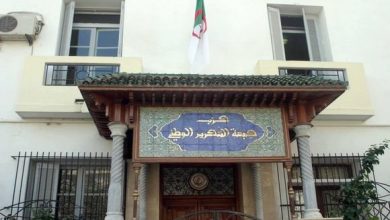Libreville, Gabon – A Gabonese appeals court has sentenced Sylvia Bongo, wife of ousted President Ali Bongo, and her son, Noureddin Bongo, to 20 years in prison in absentia on multiple corruption charges. The ruling marks a significant development in the ongoing efforts to combat corruption within the country.
The presiding judge of the specialized criminal court, Jean-Mikexant Aissa Assoumou, declared Sylvia Bongo guilty of receiving and embezzling public funds, money laundering, and inciting forgery. The court found sufficient evidence to support the charges, highlighting a pattern of financial misconduct during her time in a position of influence.
Noureddin Bongo was also found guilty of embezzling public funds, bribery, money laundering, and belonging to a criminal gang. These charges reflect a broader investigation into the misuse of state resources and the involvement of individuals in illicit financial activities.
Both Sylvia and Noureddin Bongo were initially detained following the August 30, 2023, coup that ended the Bongo family’s nearly 50-year rule. They were held in the central prison in Libreville for 20 months before being granted provisional release, allowing them to leave the country.
The sentences come as part of a broader anti-corruption campaign spearheaded by Gabon’s new leader, General Brice Oligui Nguema, who pledged to tackle the pervasive corruption that has plagued the country’s economy for decades. Nguema has vowed to recover misappropriated funds and ensure greater transparency in government operations.
Civil society organizations and human rights groups in Gabon have long accused the Bongo family of embezzling public funds and smuggling them abroad, particularly to France and other European countries. This conviction serves as a strong message that those who engage in corrupt practices will be held accountable, regardless of their former positions of power.
The case remains a focal point as Gabon navigates its transition and seeks to establish a more transparent and accountable governance system. The pursuit of justice in this case signals a commitment to reform and a desire to break free from the legacy of corruption that has hindered the country’s progress.




